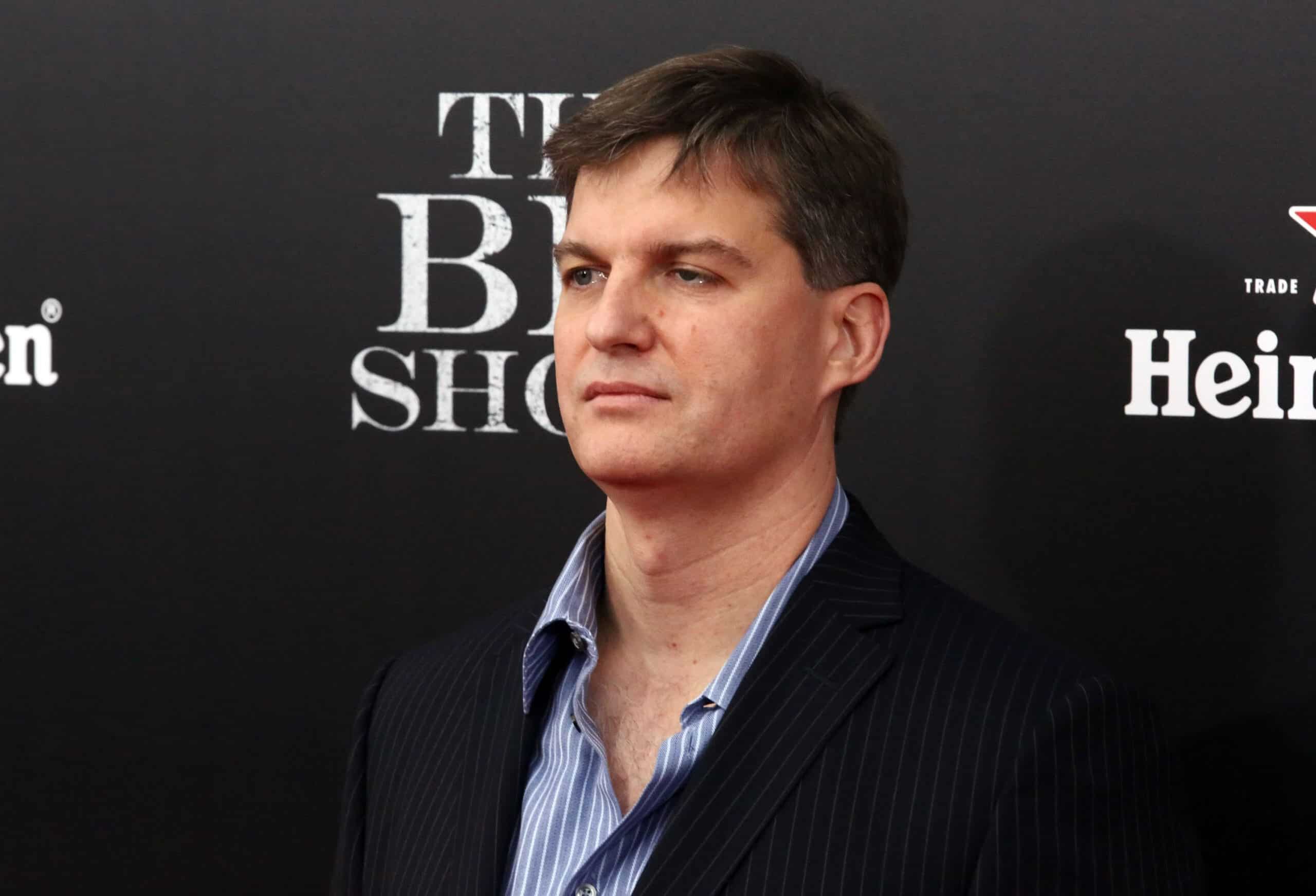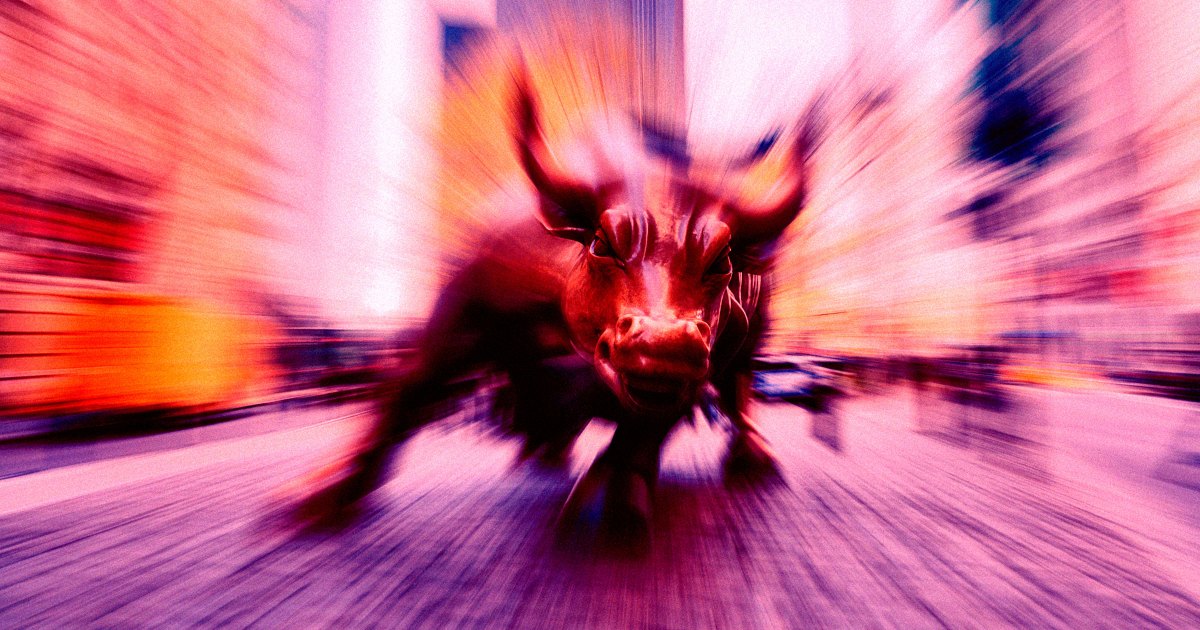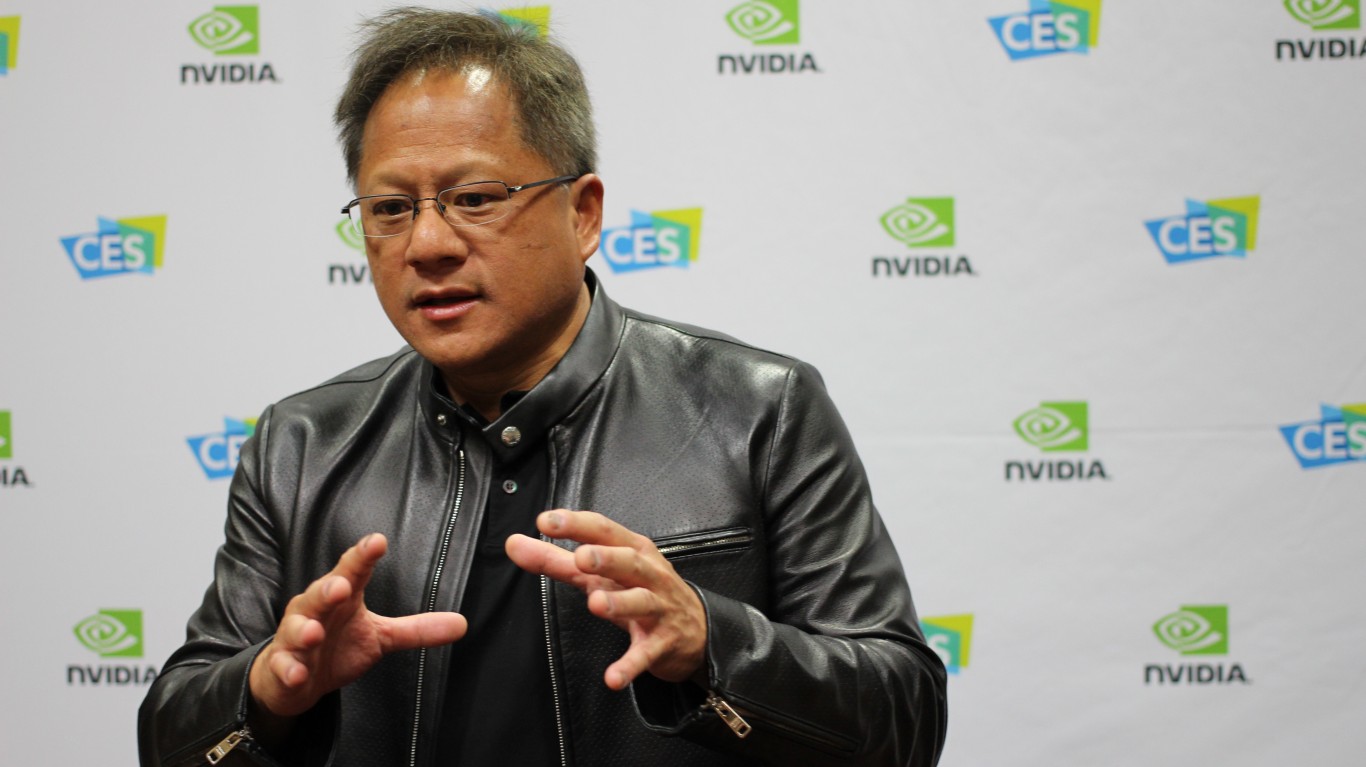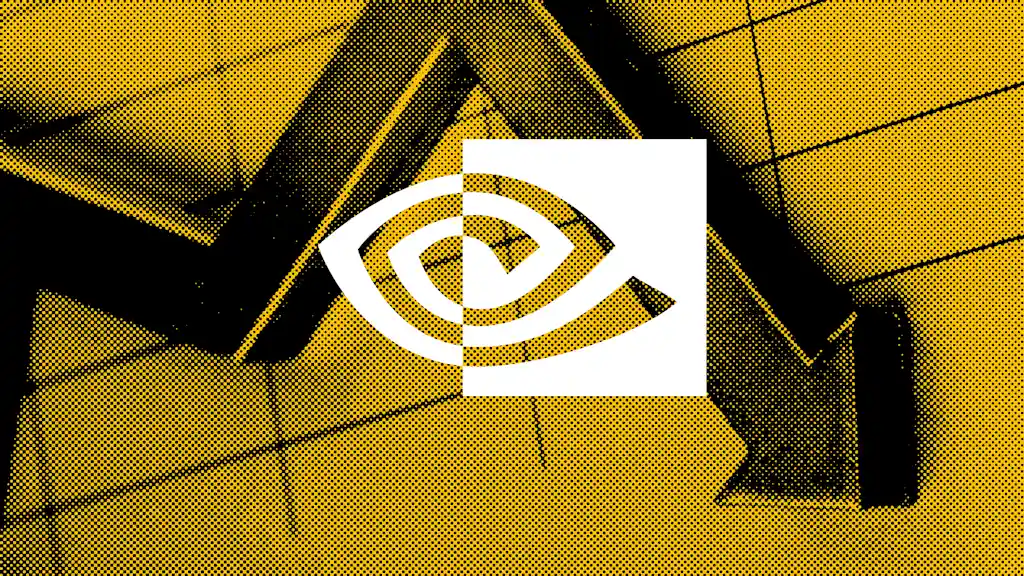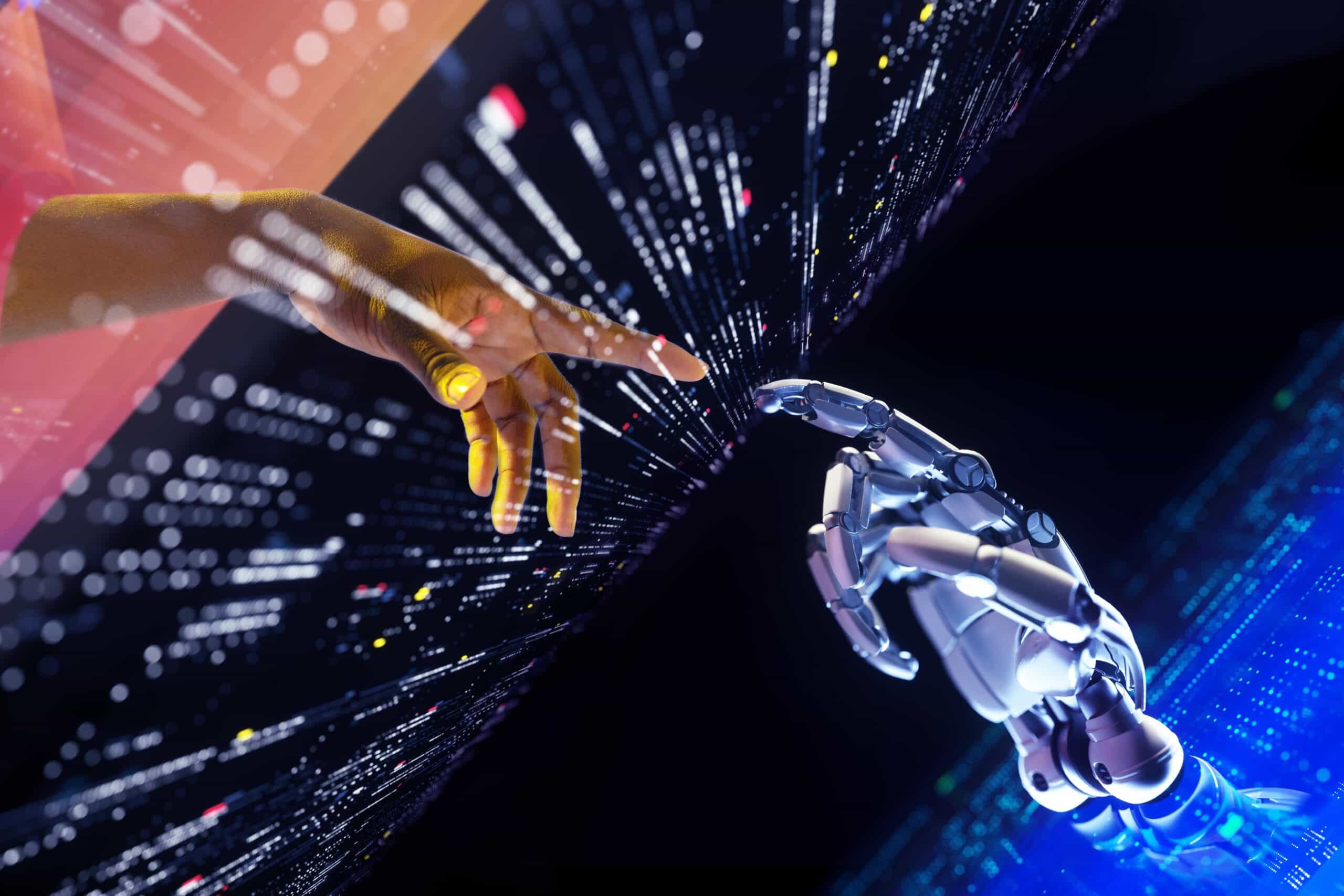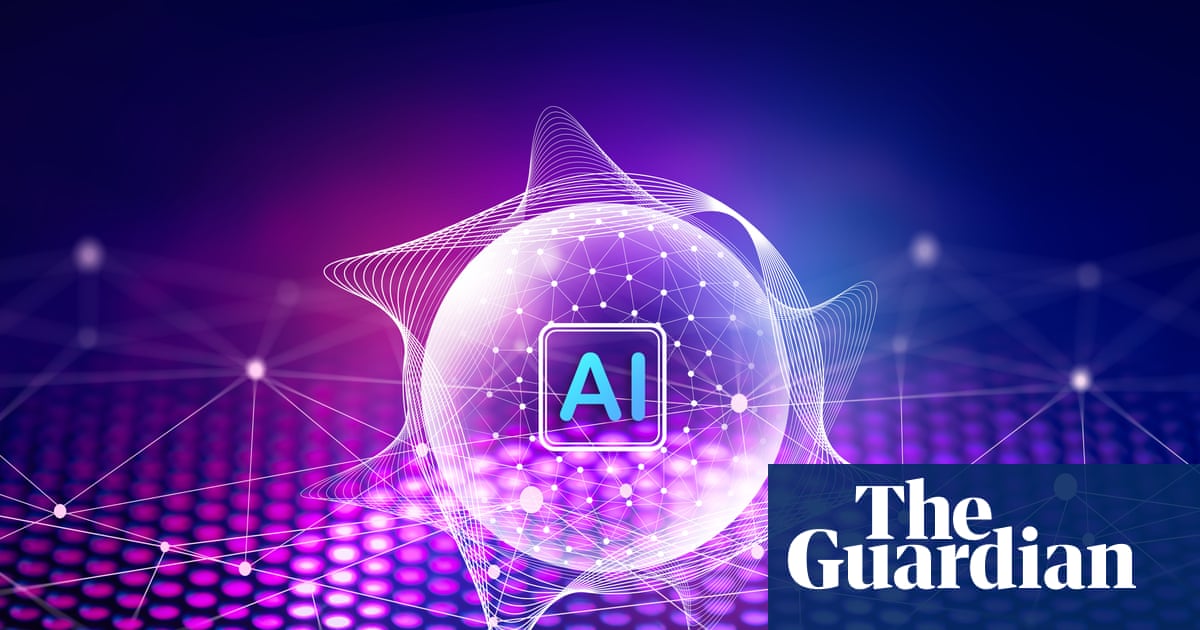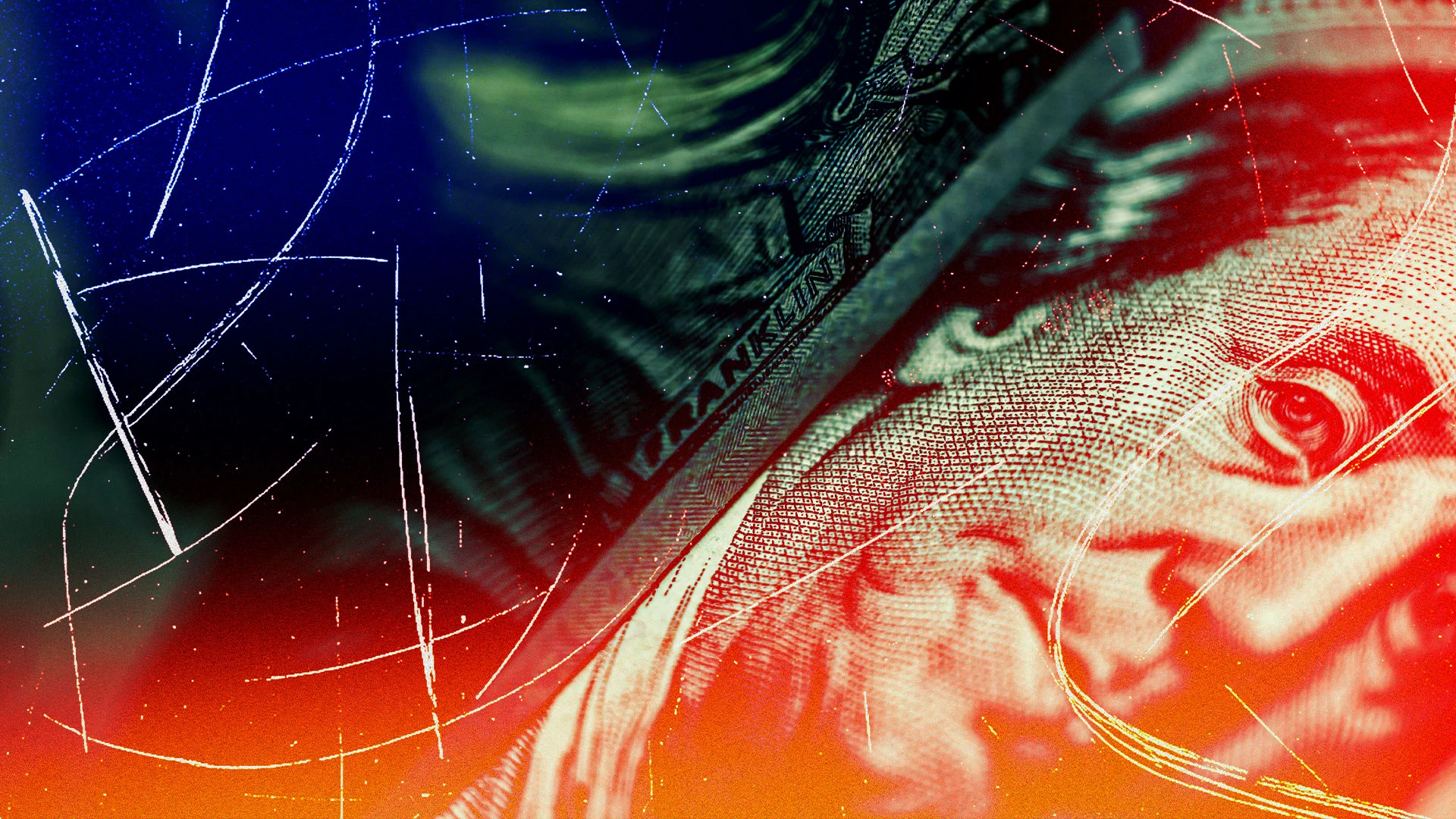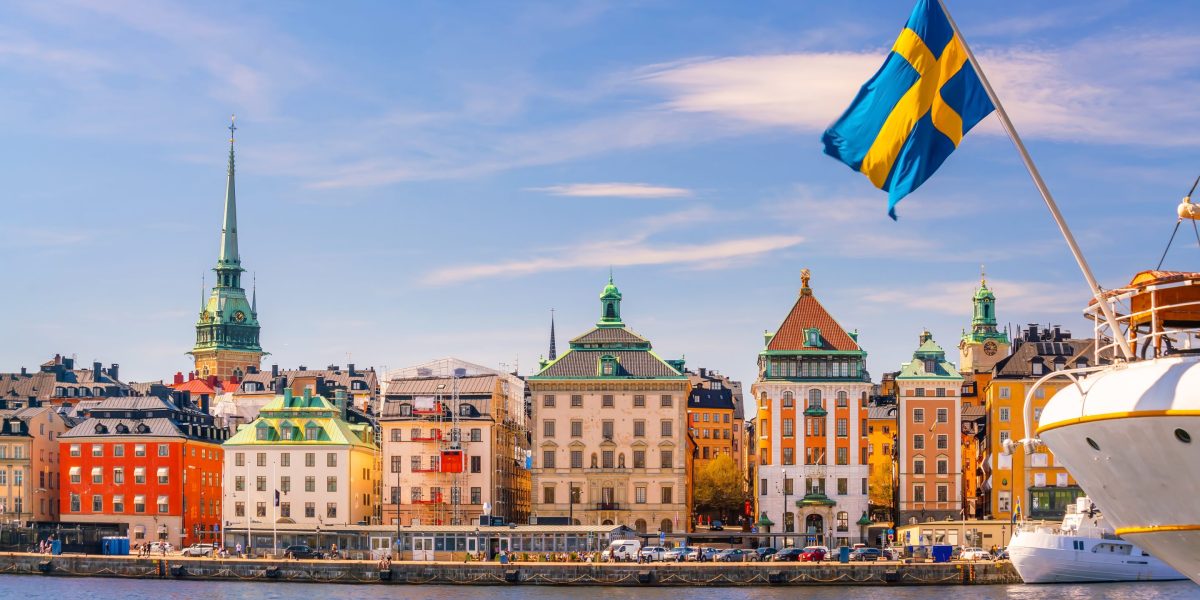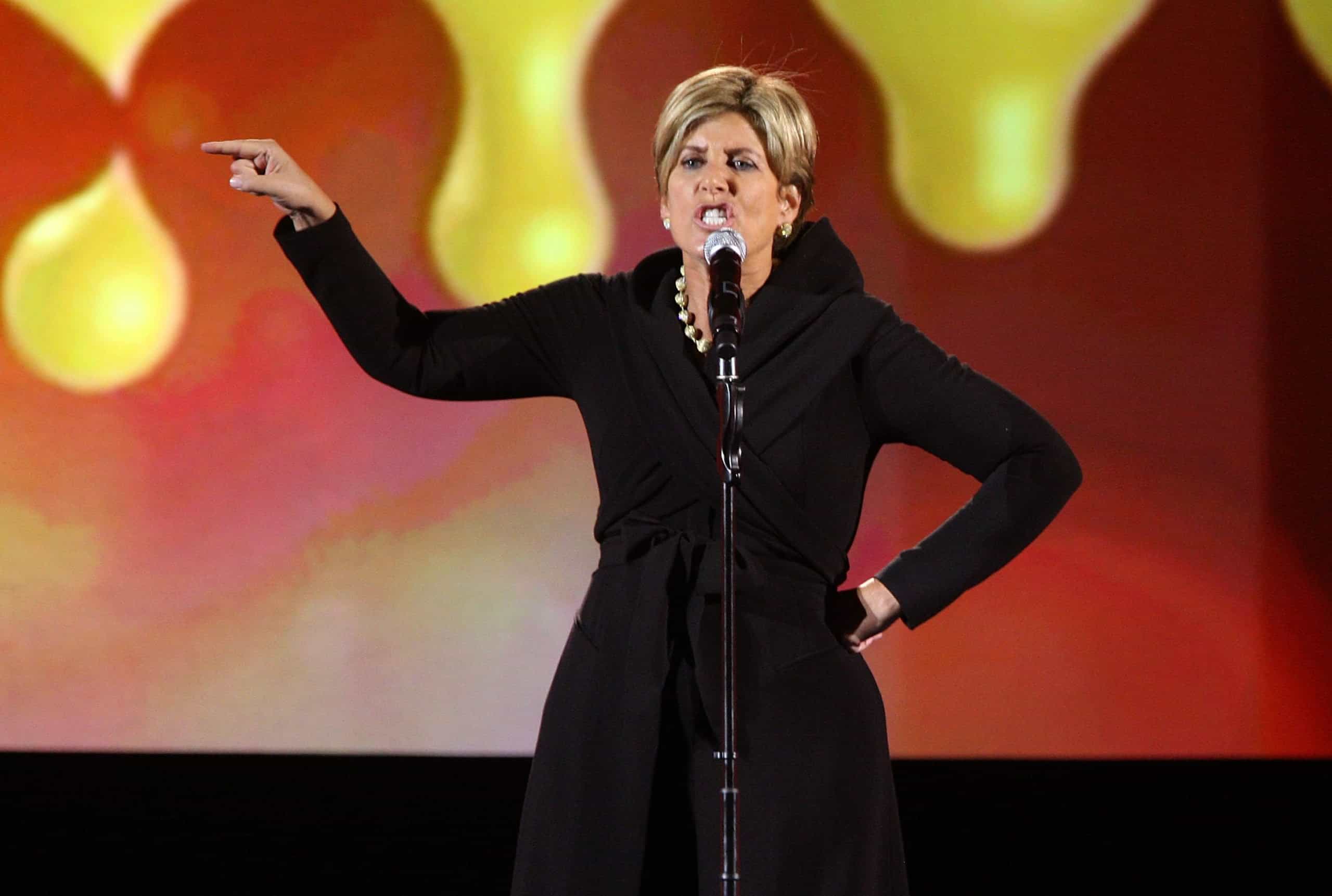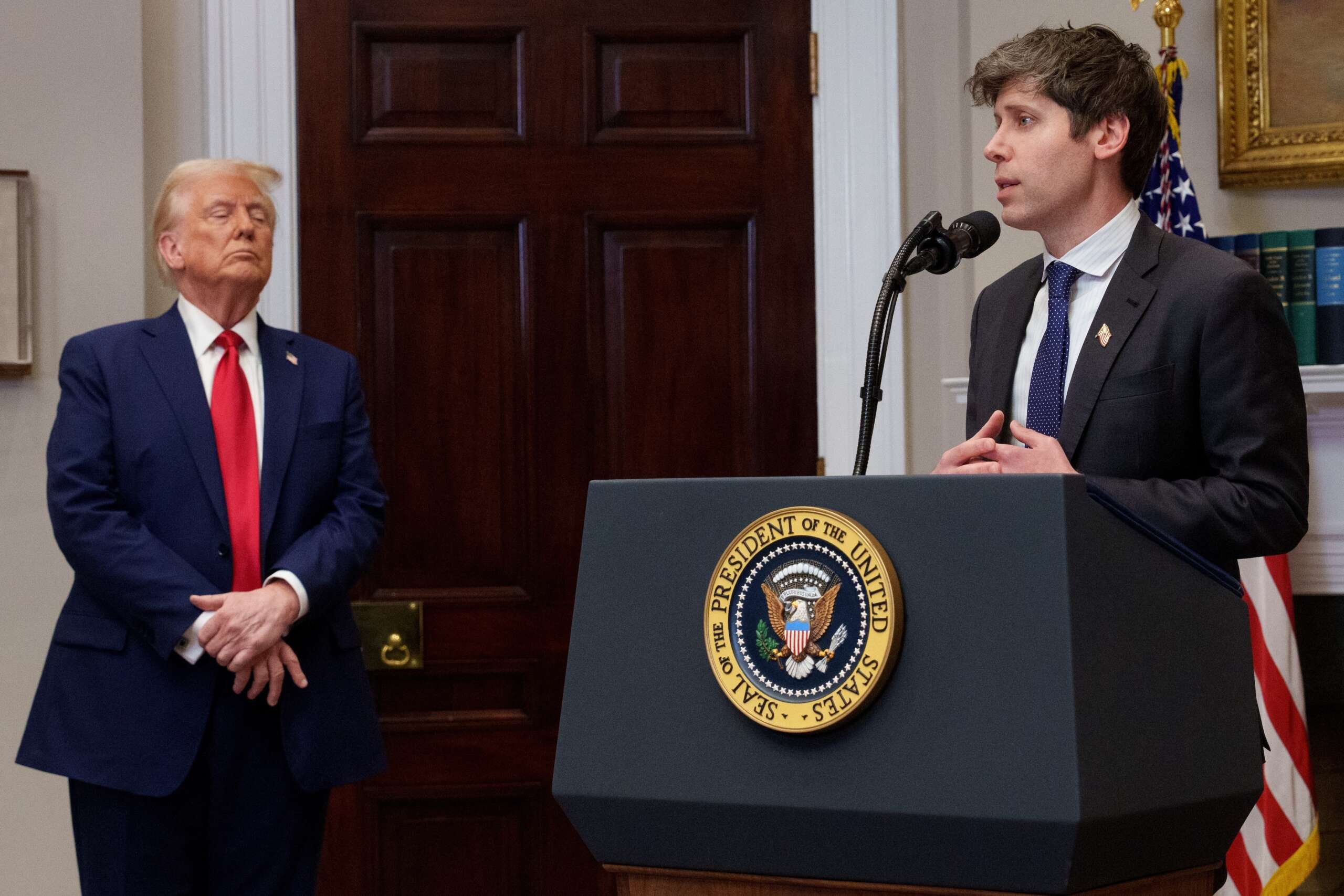#ai-bubble
#ai-bubble
[ follow ]
#nvidia #michael-burry #palantir #market-volatility #tech-valuations #short-selling #openai #venture-capital
fromBusiness Insider
2 days agoJeremy Grantham called pandemic crash but screwed up his trade: memoir
Legendary investor Jeremy Grantham raised the alarm on an AI bubble, revealed a pandemic bet that didn't pay off, and recommended young people steer clear of Wall Street in a memoir published last month. The GMO cofounder wrote in "The Making of a Permabear: The Perils of Long-term Investing in a Short-term World," which he coauthored, that ChatGPT's release in late 2022 shored up a crumbling stock market and created a "bubble within a bubble."
Business
Venture
fromBusiness Insider
3 days agoCybersecurity CEO says we're in an AI bubble. Here's what he looks for when investing in a startup.
An AI investment bubble exists, yet selective investment continues in reasonably priced startups with products that have a clear hook, platform potential, and monetization path.
fromwww.npr.org
1 month agoAre we in an AI bubble? Economists share the clues to look for
If you want to stir up some frothy drama, ask an economist about bubbles. (SOUNDBITE OF ARCHIVED NPR CONTENT) EUGENE FAMA: The word bubble drives me nuts, frankly. GUO: That's Nobel Prize winner Eugene Fama talking to us on the Planet Money podcast back in 2013, when he issued a famous challenge to his fellow economists. Try and predict the next financial bubble.
Artificial intelligence
fromwww.npr.org
1 month agoAre we in an AI bubble? Economists share the clues to look for
If you want to stir up some frothy drama, ask an economist about bubbles. (SOUNDBITE OF ARCHIVED NPR CONTENT) EUGENE FAMA: The word bubble drives me nuts, frankly. GUO: That's Nobel Prize winner Eugene Fama talking to us on the Planet Money podcast back in 2013, when he issued a famous challenge to his fellow economists. Try and predict the next financial bubble. Robin Greenwood has been working on that challenge for years.
Business
fromFortune
1 month agoGet ahead of the hiring nightmare in 2026: These are the interview questions execs are currently asking job seekers: "Design a car for a deaf person." | Fortune
It's no secret that getting a new job is hard, with candidates constantly complaining about the endless hoops that recruiters are making them jump through to prove they're the perfect match, from endless rounds of interviews to 90-minute tests and presentations. But for young people in particular, the challenge is even steeper. About a fifth of Gen Zers worldwide are classified as " NEETs" and are currently locked out of the job market.
Careers
from24/7 Wall St.
1 month agoMichael Burry is No Fan of Bitcoin. Should Investors Ditch Crypto Amid Recent Fragility?
Dr. Michael Burry, the man behind The Big Short and, more recently, the Cassandra Unchained Substack newsletter, sees an AI bubble, and he's betting against it with bearish put options against two of the highest flyers out there: Palantir ( NASDAQ:PLTR) and Nvidia ( NASDAQ:NVDA). Even if there weren't an AI bubble, I'm sure there are a multitude of scenarios that could play out and result in pretty painful plunges for shares of the two companies.
Cryptocurrency
fromFast Company
2 months agoAI chip and tech stocks are falling again after gloomy Oracle earnings reignite bubble fears. Here's the latest
As of the time of this writing, ORCL shares are down over 12% as investors unpack its results: On the surface, the numbers look good. Non-GAAP earnings per share (EPS) were up 54% and total revenue was up 14%. However, as noted by CNBC, while Oracle's non-GAAP EPS beat LSEG analyst expectations of $1.64, analysts were expecting higher total revenue figures: $16.21 billion versus the $16.1 billion Oracle delivered.
Artificial intelligence
fromFortune
2 months ago5 VCs sounds off on the AI question du jour | Fortune
Jenny Xiao, partner at Leonsis Capital and former researcher at OpenAI, came in with a nuanced take. There's something of a bubble, but it's "relatively contained" in the infrastructure layer with overinvestment primarily in data centers, GPUs and in large language model companies. But right now, there's actually underinvestment in the application layer because there are so many ways AI can make an impact in various enterprises, Xiao said.
Artificial intelligence
Artificial intelligence
fromBusiness Insider
2 months agoTalk of an 'AI bubble' is exploding on earnings calls. Executives keep getting the same question.
Mentions of an "AI bubble" surged 740% in recent earnings calls, reflecting growing investor concern about whether AI-driven investment enthusiasm constitutes a speculative bubble.
from24/7 Wall St.
2 months agoMichael Burry Took Aim at Tesla Stock-Time to Hit the Panic Button?
Dr. Michael Burry has been quite vocal of late, thanks in part to the launch of his "Cassandra Unchained" commentary on Substack, which may very well allow the contrarian to be heard like never before. Undoubtedly, Dr. Burry is being heard loud and clear of late, with his commentary surrounding the state of the AI bubble and his bearish stances on a number of overvalued companies that have been driven higher on euphoric AI hopes.
Artificial intelligence
fromFortune
2 months agoAnthropic considers IPO despite warnings that excess liquidity is blowing a bubble in the markets | Fortune
Anthropic, which is in talks for a new round of VC funding that would value the AI company at $300 billion, has retained the California law firm Wilson Sonsini to advise it on IPO issues, the FT said, with an eye on going public in 2026. The company denied it has made any such plans. Going public would give the company a vast new war chest of cash with which to compete against Sam Altman's OpenAI.
Artificial intelligence
fromFortune
2 months agoIBM exec asks job candidates whether they think we are in an AI bubble as a make-or-break interview test | Fortune
Do you think we're in an AI Bubble? Even the experts who've predicted past crashes can't seem to agree. "Dr. Doom" Nouriel Roubini—who predicted the mid-2000s housing crash that Wall Street dismissed—and isn't convinced we're heading for catastrophe. Yet, the analyst who called the dotcom bubble has warned it will all "end in tears." And then there's the "Big Short" investor Michael Burry, who is going as far as betting $1 billion on the AI bubble bursting.
Careers
fromBusiness Insider
2 months agoThe AI bubble debate is slowly making its way to Washington
Are we in the middle of an AI bubble? Ask a lawmaker, and they probably won't have a definitive take for you. "If I knew that, I'd be in a different line of work," Rep. Ro Khanna, a Democrat who represents much of Silicon Valley, told Business Insider. The AI bubble debate has been raging in the tech world since August, when OpenAI CEO Sam Altman said that investors had grown "overexcited" about the technology.
US politics
fromBusiness Insider
2 months agoFamed software developer Martin Fowler says his field is in a 'depression.' Here's his advice for junior engineers.
"While businesses aren't investing, it's hard to make much progress in the software world," Fowler said. "And so we have this weird mix of no investment, pretty much depression in the software industry, with an AI bubble going on."
Software development
fromFortune
2 months agoWhy your 401(k) is safe from a 40% crash in stocks-but not a 10%-15% correction, top analyst says | Fortune
Many of these views have been aired recently on Scott Galloway and Ed Elson's financial podcast, Prof G Markets, including a bearish stance from longtime bull NYU Stern Finance Professor Aswath Damadoran, who said the market was failing to price in a " potentially catastrophic " scenario.
Business
fromFortune
2 months agoI chatted to Ray Dalio's AI doppelganger: It says there's a 75% chance the AI bubble bursts in 2026, but wouldn't tell me which stocks to avoid buying | Fortune
The bot is trained on a range of materials, including Dalio's books and public speeches. The hedge fund titan has described it as the natural extension of the computing partners he developed decades ago at the company he founded. It "is consistent with my current main goal in life, which is to pass along what I have that can be valuable to others," he has said.
Artificial intelligence
Artificial intelligence
fromFortune
3 months agoTop economist Mohamed El-Erian warns the AI bubble will 'end in tears' and credit 'cockroaches' abound | Fortune
Investors should expect significant individual AI losses and multiple credit accidents, even though the overall financial system is likely to remain intact.
fromBusiness Insider
3 months agoLike Elon Musk and Sam Altman, Michael Burry and Alex Karp are feuding over AI
Step aside, Elon Musk vs. Sam Altman. There's a new beef in the business world, and it centers on the stock market's biggest question: Is the AI boom a bubble? Michael Burry of "The Big Short" fame and Palantir CEO Alex Karp have been trading barbs after the investor revealed he bet on Palantir's stock to plunge last quarter. The pair's clash boils down to a fundamental difference in views that's a microcosm of the market's big divide.
Business
fromNextgov.com
3 months agoThe AI bubble in Defense: What to expect in a burst
First, defense contractors selling AI products or services may revert to an earlier tendency to re-package AI technologies under more palatable monikers, like "data analytics." Second, national defense organizations in the United States and elsewhere may take up the mantle of basic AI research & development suitable for their own ends, capturing the value left in the bubble's wake.
Artificial intelligence
from24/7 Wall St.
3 months agoAI Bubble/Crash Worries Are Growing - 4 Ultra-Safe Dividend Ideas For Nervous Boomers
The concerns around an Artificial Intelligence bubble basically center on whether the massive investments flooding into artificial intelligence can justify their enormous costs and deliver on their transformative promises. Critics worry that the sector is experiencing irrational exuberance reminiscent of the dot-com boom, with tech companies spending hundreds of billions on AI infrastructure, startups commanding sky-high valuations based on potential rather than actual profits, and enterprises rushing to implement AI solutions without clear use cases or a clear return on investment.
Artificial intelligence
[ Load more ]
